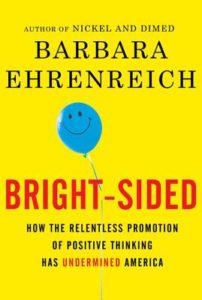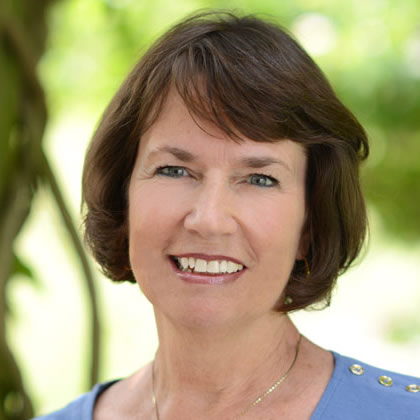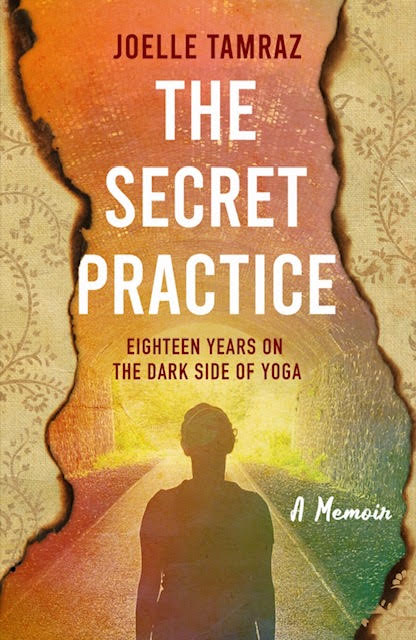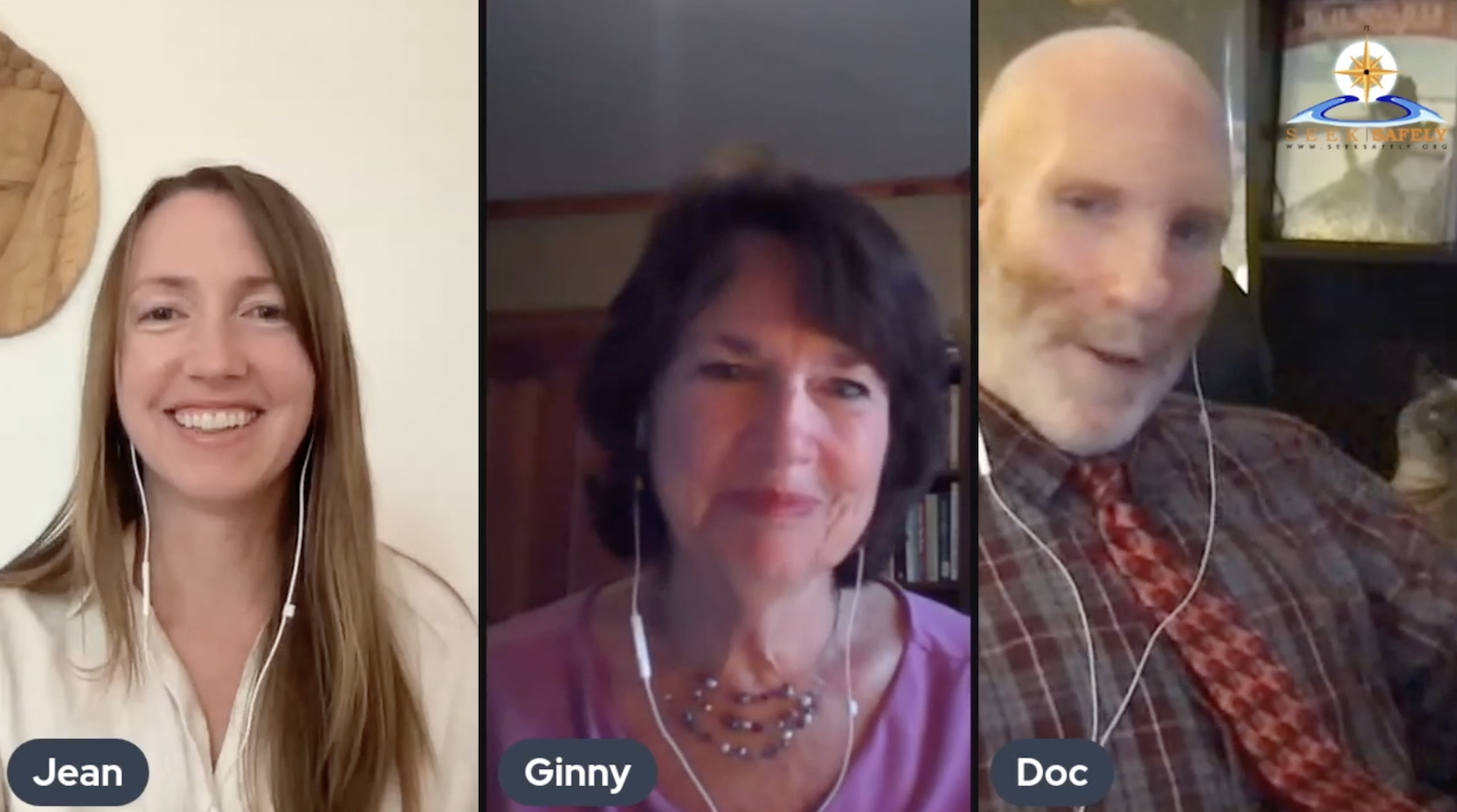
After reading Jean’s blog post on positivity and Dr. Glenn Doyle’s thoughtful reflections
on the subject, I was reminded of Barbara Ehrenreich’s 2009 book, “Brightsided: How the Relentless Promotion of Positive Thinking Has Undermined America” (read an excerpt here).

Positivity: Part of the Cultural Fabric of America
“Bright-sided” is an interesting read calling for the need to balance hopeful optimism with realistic assessment. Ehrenreich explores how the preoccupation and insistence on perpetual positivity can lead to self-blame and a constant need to banish any negative thoughts from our consciousness.
She also discusses this positivity as a broad cultural trait of America that actually impacts political decision making. For example, she explores how society’s required attention on being positive contributed to the mortgage defaults and economic crisis of the 2008, and maybe even the terrorist attacks of September 11th. The common thread in these circumstances is that even at the highest levels of government, that because of the obsessive desire to always be positive, officials overlooked warning signals of some of these impending crises.
The Importance of Facing our True Feelings
In the aftermath of Kirby’s death, I heard many admonitions to not think negatively or dwell in the darkness of sadness or anger. But as a therapist, I know it is critically important to feel our emotions and express them. Anger, sadness, fear, disappointment, and rage, all need to be spoken, heard, and processed. Of course, dwelling on angry retaliatory thoughts and feelings may be justified but will not serve us. In acknowledging and facing these realities, we can eventually understand our reactions and decide the power we will allow our emotions to yield over our life.
I choose to be a trusting, optimistic person but know that those dark emotions are also part of my experience and need to be integrated into my life, not banished from it. For me, happiness bubbles up from having a positive purpose, seeing loving kindness, and embracing beauty even in the midst of sadness and confusion. That’s where the positivity comes in–it’s about our reactions to the challenges we face.
Positivity On and Off-line
Dr. Doyle’s comments also brought up some interesting points, and lead me to more questions. For example, he acknowledges that there might be an over emphasis on positivity in self-help communities, but says that in the broader internet/social media world, negativity is much more pervasive, and I’d agree. As he said, just look at the comment sections! There is so much negativity, vitriol, insult, and outrage expressed online.
This brings up the questions: Ehrenreich’s book was published in 2009–has our culture shifted away from the American optimism she describes? (and if so, that would be a rapid shift!) Or is there a vast difference in our online culture versus our off-line culture? And how would that tension impact us–our outlooks, our decision-making, our choices, our ability to handle challenges? (Sorry, I don’t have an answer here, just more questions!)
What do you think?





